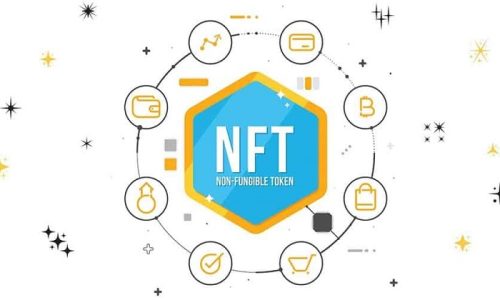
Eighteen months ago, almost nobody had heard of Zoom. That’s very difficult to imagine now. If anyone had even thought to ask them the question, most technology analysts would have said that Skype would be the most likely tool for the world to turn to if it suddenly became necessary to make video calls rather than go to the office. We know that didn’t happen. Zoom suddenly sprung from nowhere, and the company that owns it became rich almost overnight. That’s the way things work in the tech industry sometimes.
Times are changing now, and the world is opening up again. We’re not as reliant on Zoom now as we were at this stage of 2020, and we’ll be less reliant again this time next year if all goes well. That doesn’t mean that Zoom will become irrelevant, though. It’s still likely to be the world’s preferred video calling software, and it’s not going to rest on its laurels. Having proved itself capable of reliably putting people in touch with each other, it’s now going to attempt to bridge the final communication gap. Through acquisitions and mergers, Zoom is looking to introduce real-time translation to its calls.
Real-time translation has been the stuff of science fiction and fantasy for more than a century, but real-world science has slowly been closing the gap on science-fiction writers for the past few years. Google Lens can already translate any written language so long as you open your camera and give it a good look. Many of us rely on Google Translate to send messages to colleagues in other countries, and the quality of the written translation is usually quite good.
There are software programs and apps that allow you to speak into a microphone and then play back a translation of whatever you’ve said to whoever you’re trying to communicate with. All of these feats of technology and translation are impressive, but they’re not real-time translation. To achieve that, the spoken word has to be translated in the same instant that it’s spoken and then delivered to the ears of the recipient as soon as the speaker stops talking.
The amount of processing power required to achieve such a task is incredible, and yet it’s also becoming commonplace. At its heart, all computing is mathematics. The more powerful the computer, the more calculations it can perform. The more calculations it can perform, the more tasks it can achieve. What’s made the difference since the invention of the internet is that a lot of processing can now be done remotely. Online slots websites like Rose Slots Canada are a good example of this. That probably sounds like a strange comparison, but bear with us. When you spin the reels of an online slots game, there are tens of thousands of possible outcomes.
In the case of the more modern online slots games that have dozens of reels and rows and twenty or more symbols, there are literally millions of possible outcomes. When an online slots player hits the “spin” button, the software behind the game has to process all of those outcomes and come up with one in a split second. That would be difficult if the processing were done on the user’s phone or computer, but it isn’t. It’s done on a server owned by the online slots company, and the result is transmitted back to the player via the internet. If such a complex process can work so seamlessly with online slots, it can work with anything. Real-time translation is a little more complicated, but not impossible.
In truth, this day has been coming for some time – it’s just that Zoom wasn’t expected to be the company that came up with a working model. There were rumours that Google was edging closer to a working “universal translator” (a term that comes from “Star Trek” as long ago as 2013. For all we know, Google might still be working on such a device, but Zoom is about to beat them to the punch with the acquisition of a company called Kites.
Kites have been working on real-time translation for years and are understood to have come up with a viable software program capable of achieving the task. That software, if it exists, is now Zoom’s exclusive property. Kites intended the software to be an educational aid – a way of helping non-English speaking students in classrooms understand what their teachers say – but there’s no reason why the software shouldn’t work in any other context.
So, is this the end of human beings needing to learn other languages if they want to be successful communicators? Is there even any point to learning another language if you can speak into a machine and have software do the hard work for you? We say yes, there is. Instant translation is an incredible achievement – perhaps even a watershed moment in the history of human communication – but it’s not yet perfect. There are more than 6500 languages in the world, and there’s no way the Kites program will be capable of translating all of them.
Even when it can, there are some things that get lost in translation. A computer cannot yet pick up on the tone of an expression or understand the potential for a duality of meaning. Misinterpreting a single word in a single sentence can change the tone of a whole message in a way that doesn’t happen with human conversation. More to the point, people will still want to learn languages. The world would be a very dull place if everyone spoke English, and an even more boring one if robots were going most of the speaking for us.
This new technology should open doors between people of different nations when it comes to communication and co-operation. Businesses will welcome the opportunity to eliminate barriers between themselves and potential customers. As much as we appreciate Zoom, though, we don’t want to spend our lives on it. When we’re face-to-face with somebody, we’d prefer to speak to them rather than into a machine. We might struggle a little more to get our meanings across, but the one-on-one interaction is more important. We salute what Zoom’s about to accomplish, but it’s no substitute for conversation.



